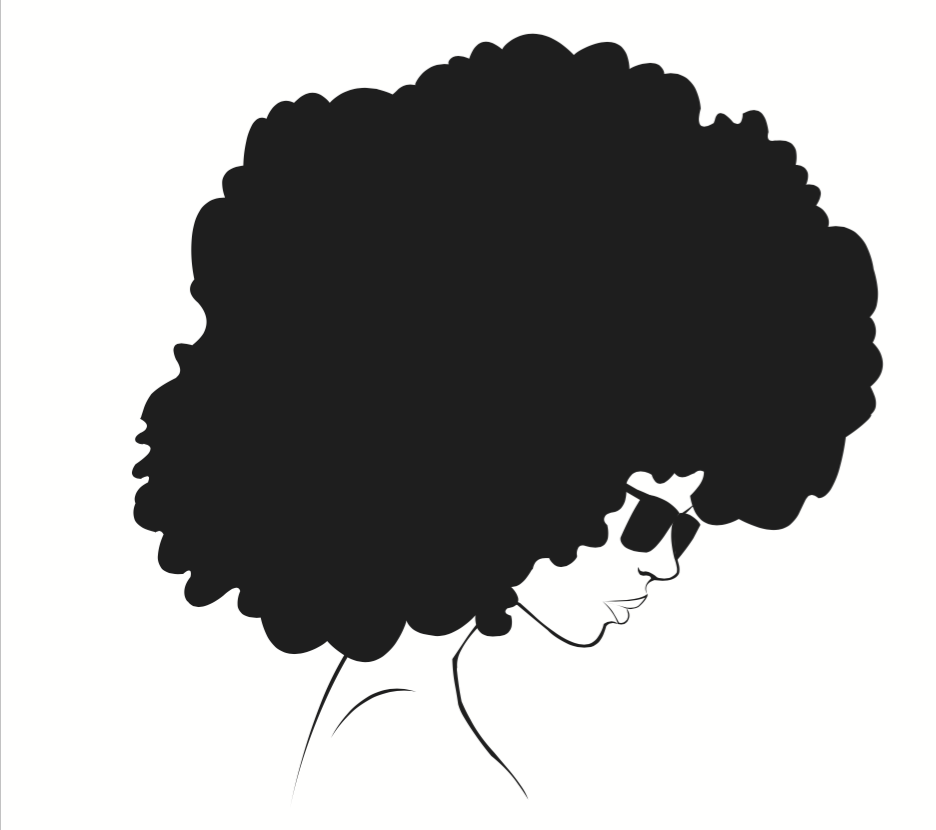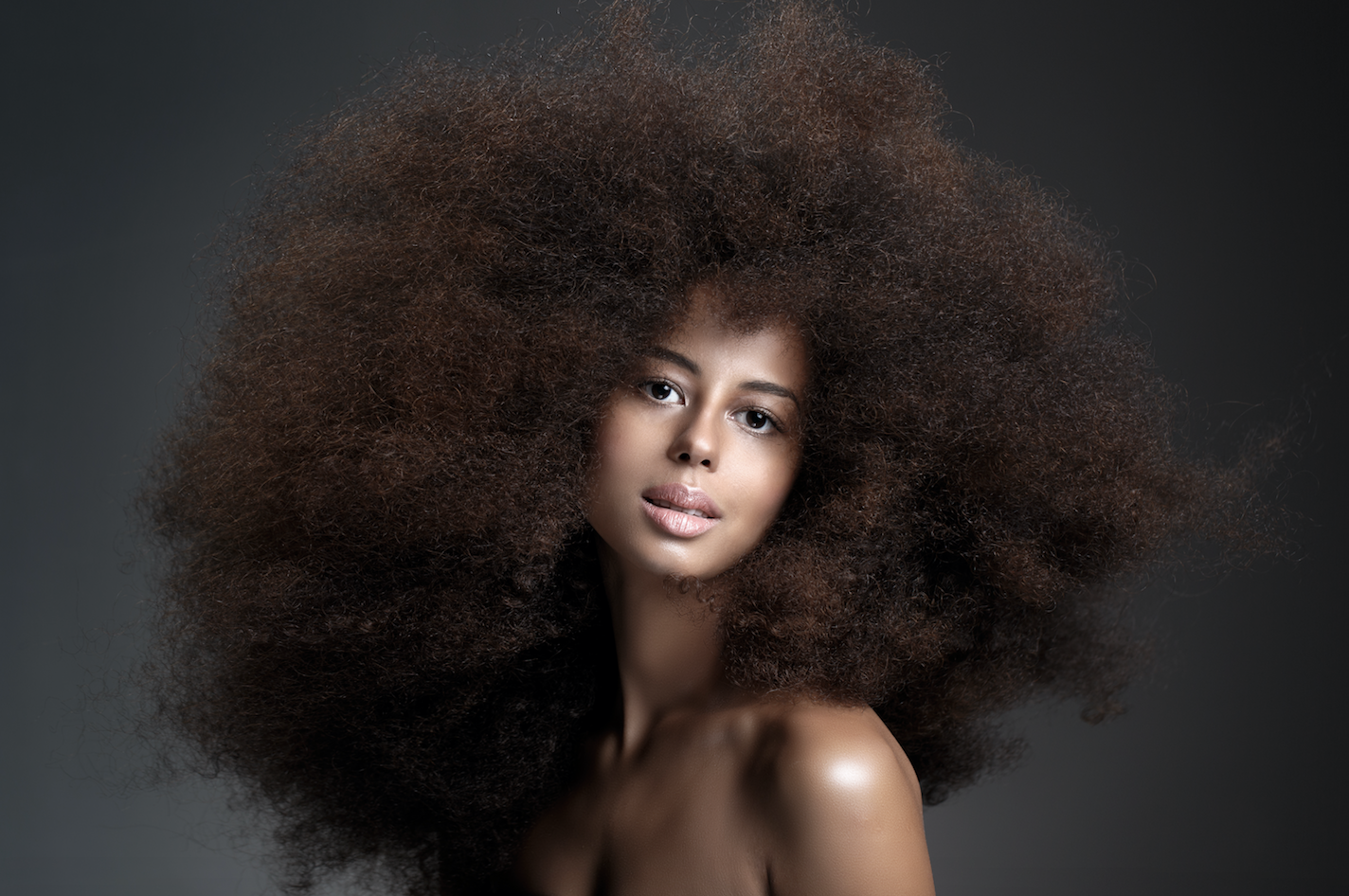The Identity Politics of the Afro

For people of color, hair has always been a sensitive subject to disentangle. No matter what people do to placate Westernized ideals of what hair should be, it is always stereotyped or judged. Wearing a natural hairstyle makes an important statement about history. The issue of identity that black hair carries is universal. Several styles have marked the progression of black hair, telling not only of a person's style but also their identity.
The Afro displays an important element of identity that is representative of not just a style, but a history. Such facets of history are not exclusive to the United States, but overlap with French history. The movements by each have spawned a rebirth of the appreciation of accepting natural hair.
The story, almost as old as time itself, marks Madam C.J. Walker (born Sarah Breedlove in 1867) as one of the most influential women to impact black women's hair. In a time where blacks were free from the evils of slavery, they were not free from the invasive and unyielding perceptions of beauty shaped by Eurocentric ideals. Even pre-dating slavery, as far back as 15th century Africa, hair was a cultural classifiers for things such as age and religion, and was used as a tool of separation even within race. Slaves kept inside with the masters were forced to hide their hair under wigs, and those kept outside hid their hair altogether. Inventions crafted to manipulate hair were invented not only by Walker (though it has been claimed she invented the first hot comb/hair-straightening device). The first tool was crafted by Francois Marcel Marceau in the late 19th century.
With all the stigma surrounding it, for black women hair has always been about being controlled by anything other than oneself. This takes a toll not only on appearance, but shapes individual self-esteem as well.

Image credit: Shutterstock (Seweryn Cieslik).
Cheryl Thompson, in her essay titled "Black Women and Identity: What's Hair Got to do with It?", explores why natural hair is a sensitive aspect of life for black women. She posits that black hair "is a window into the African-American women's ethnic and gender identities." As such, what is told to a woman of color about her hair often dictates how she identifies herself on other levels, beyond the individual sphere.
Hair had been a deciding factor in the status of a black woman throughout history and left no parts for self-realization or legitimacy in the workplace. Slogans such as "say no to the 'fro" perpetuated a negative response toward natural hair and discouraged it on the basis of it being considered unprofessional. Both the United States and francophone countries have re-established the importance of being liberated from restrictive, prejudicial rules regarding their appearance.
In recent years, black women in the United States have begun to wear their hair in its natural state in greater numbers. This re-envisioning of self-image has come to be known as the Natural Hair Movement. In France, it's known as mouvement nappy. The word, while known often to be pejorative, simply denotes thick hair and has been reclaimed. It is often characterized by the proliferation of several tutorials and blogs around the web advocating for natural hair to be embraced.
The culture surrounding natural hair blends between the histories of France and the United States and has allowed both countries to recreate the image of natural hair as one of positive representation in modern times.
See the video below for a look at 100 years of African American hairstyles from 1900 to present day.





